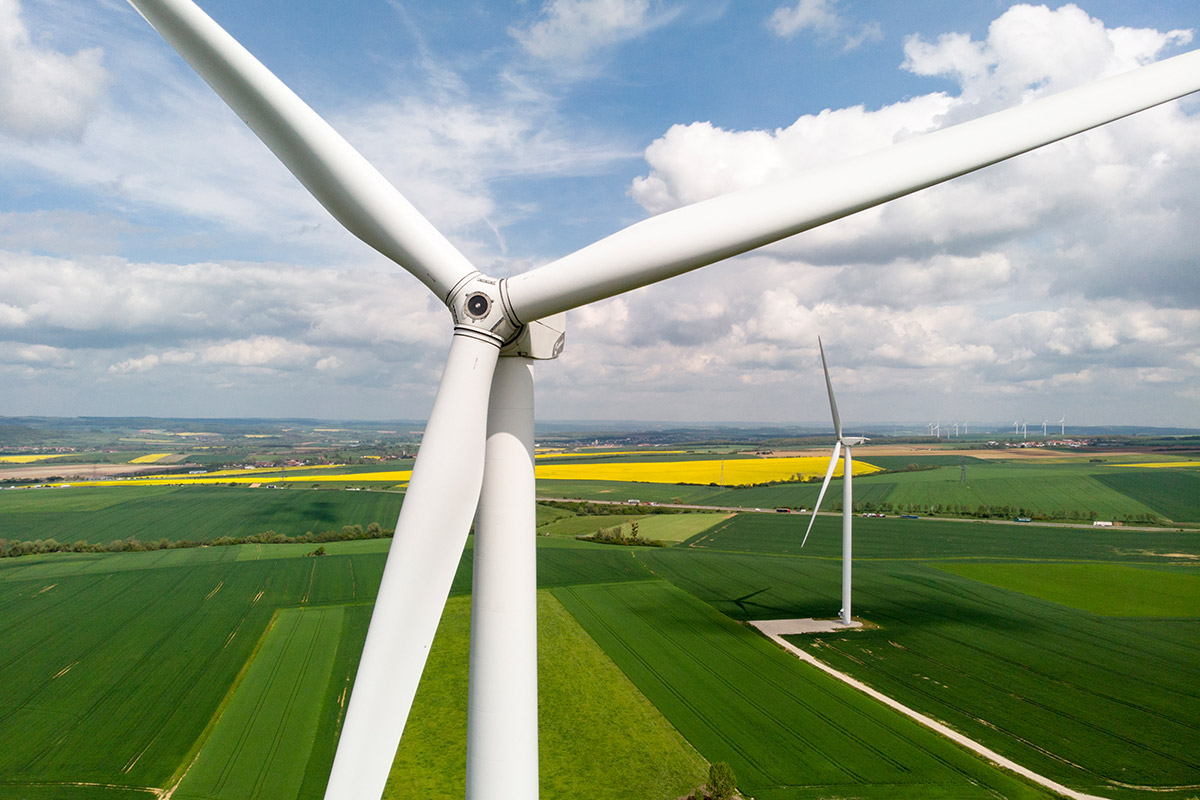News
France submits final 2030 National Plan: what’s in it for wind ?
24 April 2020
This week France submitted its final 2030 National Energy and Climate Plan (NECP) to the European Commission. The country will aim for 33% renewable energy in its energy mix in 2030. This translates into 40% renewables in the power sector – wind energy could deliver half of this. The Plan outlines ambitious, yet realistic targets and measures to deliver on the energy transition. However, their implementation remains key to fully tap into the French wind energy potential.
The Plan foresees up to 34.7GW of onshore wind in 2028. And the Government boosted up offshore wind ambitions to 5.2-6.2 GW by 2028 on the back of the competitive price delivered in the 2019 Dunkirk offshore tender (€44/MWh). France is also betting on cost reductions in floating wind. 750 MW auctions of floating wind are now scheduled by 2022. A first auction for large-scale floating wind farm is planned for 2021.
The Government aims at maintaining a stable and simplified legal framework for permitting of new and repowered projects. This includes reducing the permitting duration, and giving reasonable time to project leaders to develop wind farms while considering the environmental impacts of projects. Wind sites where turbines are coming at the end-of-their operational lifetime should be first reutilized for repowering.
The Plan also outlines comprehensive electrification measures. All new vehicles should be zero-emission by 2040. To that end the Government has introduced various measures including a vehicle bonus-malus depending on emission and a conversion grant for low emission vehicles. Heating and cooling are also factored in with an estimate of 6.8 million units in individual homes and 2.2 million units in collective buildings by 2028. However, the Plan lacks specific incentives for the purchase of heat pumps and the promotion of electromobility in companies or public transport.
However, implementation remains key. Sticking to the foreseen auction schedules in the COVID-19 recovery phase is the first step to deploying the wind energy volumes necessary to fulfil national objectives. The simplification of administrative procedures and planning constraints for new and repowered projects should also be tackled as a matter of priority.


